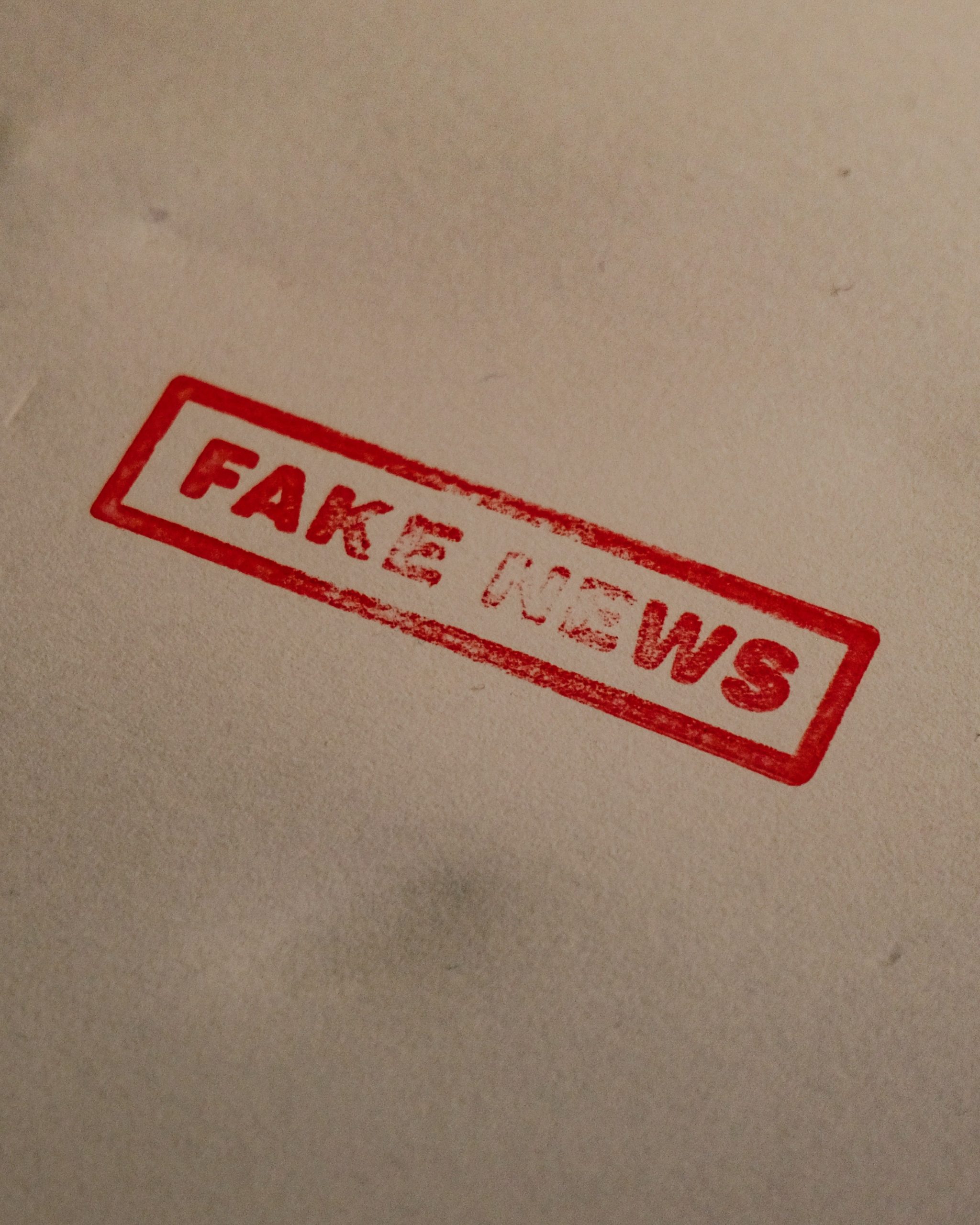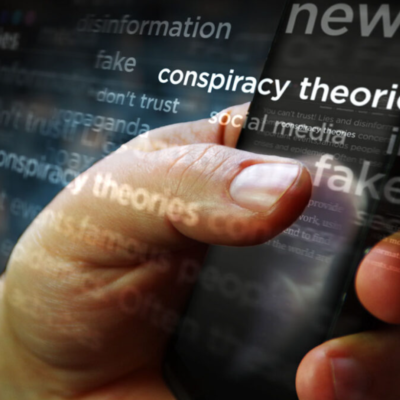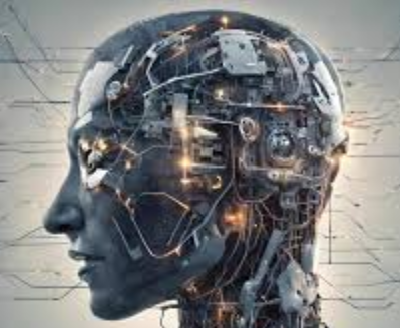The Age of Artificial Deception. How Unregulated AI Is Powering Propaganda Around the World
Artificial intelligence is evolving faster than our ability to regulate it—posing urgent threats to democracy, truth, and freedom worldwide. From deepfakes in U.S. elections to China’s AI parroting government propaganda, the line between fact and fiction is vanishing—and we’re not ready.
Artificial intelligence has grown at an astonishing rate over just the past few years. Since the creation of ChatGPT, tech companies and investors have poured hundreds of billions into the AI industry, accelerating its development. This is having a profound impact on our society and the way we function. Notably, it’s even affecting the way politics and elections are conducted. Artificially generated content is now widespread across the internet, and it’s becoming increasingly difficult—even for the digitally literate—to distinguish fact from fiction. Without proper regulation, AI has the potential to cause serious harm to our democratic rights and freedom of speech.
Repressive regimes—most notably China, Iran, and Myanmar—have already effectively used current AI technologies to suppress free thought. According to Freedom House, AI “was utilized in at least 16 countries to sow doubt, smear opponents, or influence public debate.” In Myanmar, for instance, generative AI has been employed to reinforce and expand censorship systems. The rapid development of AI has enabled authoritarian governments to consolidate power and perpetuate narratives that support their agendas. China’s new Deepseek AI has even stunned OpenAI and other Western companies with its efficiency and low cost. However, when asked about contentious issues such as the independence of Taiwan, Deepseek responds by stating, “Taiwan is an inalienable part of China.” It similarly echoes Chinese Communist Party rhetoric in response to other political controversies. This highlights the explicit danger generative AI poses: governments now have the power to enforce social and political agendas on an unprecedented scale.

But the threat is not limited to authoritarian regimes. AI has already undermined individual freedoms and democratic processes in countries like the United States. AI-generated images and deepfake videos have been widely used to manipulate public perception and influence elections. For example, doctored videos have circulated of President Biden making transphobic remarks and of Vice President Kamala Harris holding a gun. Former President Trump also posted a video of a fabricated Gaza resort on Truth Social. Globally, the problem is similar. In Germany, the far-right AfD party used AI-generated videos to depict an idealized version of the country under their rule, contrasted with a dystopian one if they lost. In India, deepfakes have been employed to sway voters and spread disinformation. Political parties across the spectrum—and across the democratic world—are using AI to push their narratives, manufacture “alternate truths,” and spread falsehoods. This presents a clear and looming threat to democracy, where freedom of speech and thought cannot survive if truth becomes indistinguishable from fiction.

Fortunately, there are actions both individuals and governments can take to mitigate the harmful effects of AI. For example, the Australian government has published a voluntary framework outlining ethical AI usage and proposing mandatory safeguards for companies to promote transparency. Holding AI companies accountable through public and legal oversight is key. The European Union has implemented a legal framework requiring that AI systems be carefully monitored and clearly identified to ensure they don’t generate harmful content. These efforts represent necessary steps toward regulating AI safely and ethically.

Still, most world governments have yet to pass comprehensive legislation, due in part to the stunning pace of AI’s evolution. In the meantime, individuals must adopt critical digital habits. Always approach online content with skepticism. Fact-check information by cross-referencing it with multiple reliable sources. Protect your personal data. Now more than ever, practicing good internet hygiene is crucial—not just for safeguarding accurate information, but also for ensuring your personal safety.
Despite the many dangers, AI also holds incredible potential to do good. In some cases, it has even helped promote democratic engagement and bridge divides. In India, for instance, AI has been used to overcome language barriers and reduce miscommunication. It can mediate conversations between people with opposing views, fostering understanding rather than division. If developed and used responsibly, artificial intelligence could become a powerful tool for progress, dialogue, and innovation.
To achieve this future, we must ensure that AI development is responsibly regulated and that its use is transparent and ethical. With the right guardrails in place, AI has the potential to do extraordinary things for humanity.










